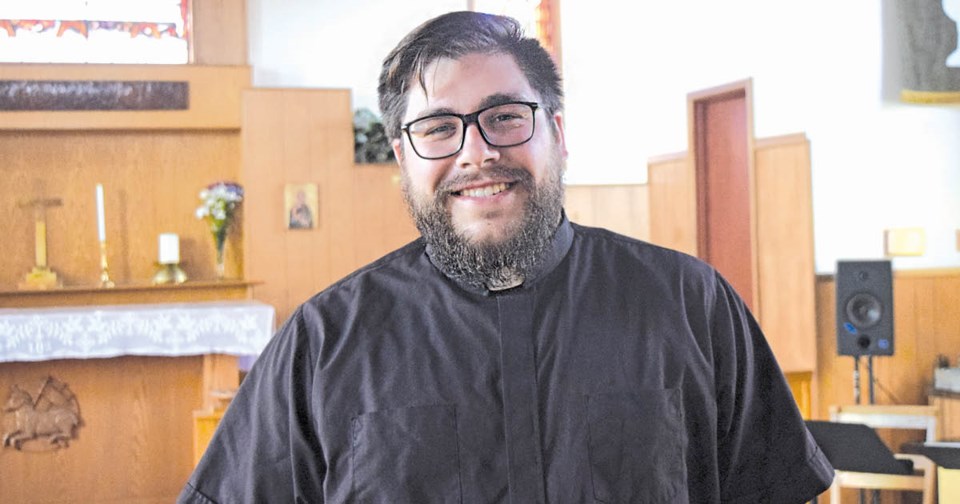During these last few weeks of Lent, my colleague Rev. Marie-Louise, and I have been hosting a Lenten Bible study over Zoom called Lenten Listening, which looks at the Bible and racism.
Christians oppose racism because it is the opposite of our faith. The Bible tells us that God made all humans in His image (Gen. 1:26-27). God also promised Abraham that all humans are blessed through him (Gen. 12:3). All humans are created by God and are equal in His eyes. Racism stops us from recognizing this truth.
Racism is a major issue facing Canadians and is part of conversations surrounding Indigenous/settler relations and the Freedom Convoy.
I’ve come to learn there are two types of racism. The first kind includes overt acts of prejudice towards someone because of their skin colour, or displaying symbols of racism. Most Canadians I’ve met abhor this kind of behaviour.
I think that is why we can be defensive when our behaviour is seen as racist: we don’t act in the stereotypical racist ways.
The second kind of racism is subtle. It appears in the assumptions we make about the world. For example, many people in Humboldt have asked me why truth and reconciliation between Indigenous peoples and settlers is important for Humboldt. Humboldt isn’t near a reserve so the issue has nothing to do with us. This reason for not engaging in truth and reconciliation assumes that Indigenous peoples do not live in Humboldt. It assumes, “We live here. They live on reserves”.
However, this assumption is not true. According to Statistics Canada in 2016, approximately 60 per cent of Indigenous peoples do not live on reserves. According to Humboldt’s page on townfolio.com, 200 Métis and 110 First Nations people live in Humboldt.
So where does the assumption that Indigenous people live on reserves come from? It comes from a legal process called “enfranchisement”. Enfranchisement was the process through which a person would lose their Indigenous identity and status, and become a “full Canadian citizen.” It meant losing one’s culture, home, and community. Enfranchisement was the cornerstone for policies in the Indian Act. One of the ways the government tried to make enfranchisement appealing was to make it illegal for Indigenous peoples to leave their reserves without permission from the Indian Agent. At various times, enfranchisement was compulsory in order for Indigenous peoples to go to university or live off their reserve. During the Second World War Indigenous soldiers were enfranchised because they were away from their reserves for four years.
Enfranchisement taught Canadians to believe that Indigenous people live on reserves. Although enfranchisement was revoked in 1985, the idea is very much alive. This unconscious assumption is still racism.
Unlearning our racism takes a lifetime of self-reflection and growth. Lent provides Christians with an opportunity to learn about our history, why we think certain ways, and unlearn sinful, racist ideas that stop us from furthering God’s will.




